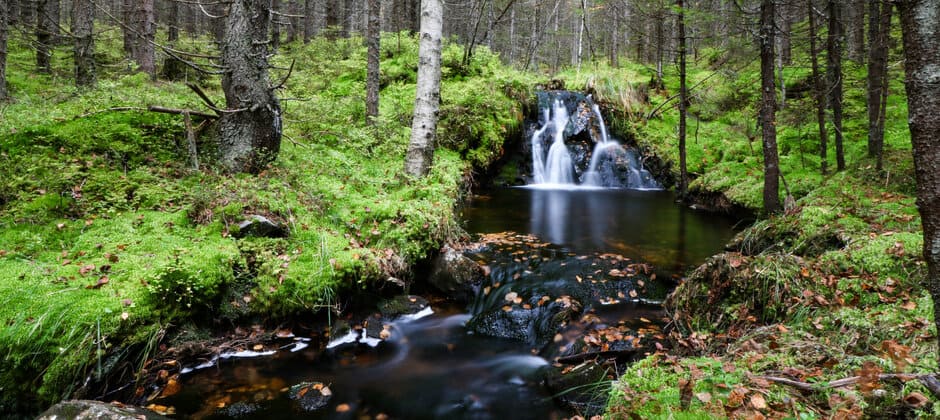Share this article
Climate committee recognizes ecosystem importance
At a recent meeting of the House Select Committee on the Climate Crisis, committee members expressed the importance of federal investments in ecosystem conservation and restoration in order to advance climate resilience.
Also at the hearing, committee members recognized the vital role natural solutions play in preventing and mitigating climate change impacts.
“Nature provides us with critical low-cost tools to tackle climate change. Whether it’s forest, grasslands or mangroves, healthy ecosystems can help significantly draw down the heat-trapping gasses that are fueling the climate crisis,” said Rep. Kathy Castor (D-Fla.), chair of the Climate Crisis Committee, in her opening statement. “Natural places also serve as vital defense structures, providing communities with a cost-effective buffer against worsening climate impacts.”
Several experts testified that there are benefits of viewing healthy ecosystems as a tool for climate resilience. Witnesses included Collin O’Mara, president and CEO of the National Wildlife Federation; Sherry Larkin, director of the Florida Sea Grant College Program at the University of Florida; Nick Loris, vice president of public policy at C3 Solutions; and Cristina Eisenberg, a forest community ecologist and professor at Oregon State University.
O’Mara delved into the many benefits of utilizing diverse ecosystems as climate-resilience tools, noting that improvements to wildlife populations, public health and safety, job creation and climate resilience ensure a high return on investment.
“Investing in natural infrastructure allows us to center the health and safety of people as we’re also advancing climate conservation economic goals,” O’Mara said.
Other witnesses echoed O’Mara’s strong support of ecosystem restoration investments, with Eisenberg adding that continual investment would also honor valuable partnerships between the federal government and tribal communities, and encourage the multiple uses of public lands.
“Eco-cultural partnerships can advance our national climate resilience agenda. This requires building capacity in ecological restoration for Native Americans,” Eisenberg said.
The recently enacted Great American Outdoors Act (S.3422) and bipartisan infrastructure law (H.R.3684) have acted as monetary backing for implementation of ecosystem restoration and resilience. The GAOA fully funded the Land and Water Conservation Fund, and the bipartisan infrastructure law providing $455 million to the U.S. Fish and Wildlife Service for coastal, rangeland and forest ecosystem restoration projects.
As the Climate Crisis Committee moves forward with its efforts to improve America’s climate resilience, witnesses and legislators alike agreed on the importance of considering natural solutions, such as ecosystem restoration, as an ethical, effective and cost-friendly option to tackle climate change.
Header Image:
According to the US Forest Service, America's forests sequester 866 million tons of carbon a year.
Credit: Erik Olsson








